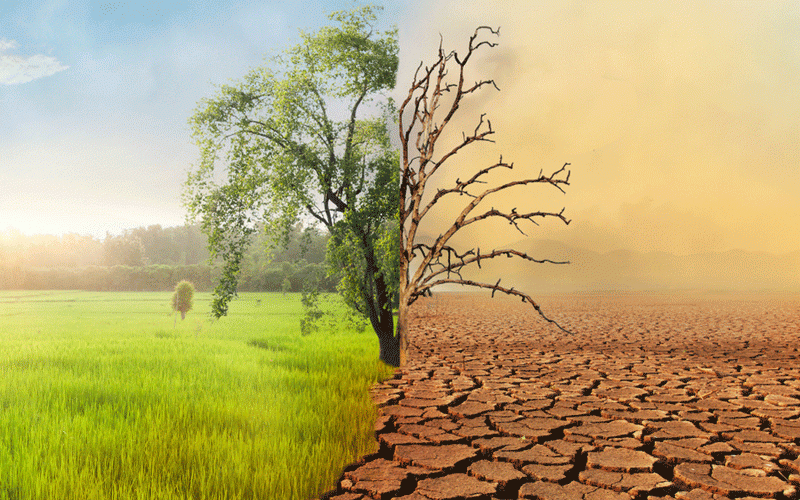
ZIMBABWE’S vulnerability to natural hazards and the broader climate change impacts is high, necessitating a focus on climate adaptation, the World Bank has said.
Speaking on Monday at a high-level breakfast roundtable organised by Diplomat Business Network Club in Harare, World Bank Country Manager Fadzai Mukonoweshuro said Zimbabwe was a climate-change hotspot alongside other southern African countries."
Zimbabwe ranks 174 out of 182 countries on the ND-GAIN Index which ranks vulnerability and ability to adapt to climate change," she said.
ND-GAIN measures overall vulnerability by considering six life-supporting sectors — food, water, health, ecosystem service, human habitat and infrastructure.
Mukonoweshuro said the World Bank was helping Zimbabwe to enhance the agricultural knowledge innovation system to drive adaptation and mitigation measures.
“The good news is that Climate Smart Agriculture (CSA) technologies and enhanced agricultural knowledge innovation systems offer solutions to increase agricultural productivity and incomes, while reducing greenhouse gas emissions and building resilience to climate change.
“As an institution, we are aggressively supporting governments on building resilient and productive agricultural sectors through innovation and CSA technologies.
In 2019, the World Bank launched the Zimbabwe agriculture observatory, a climate information platform funded by the Zimbabwe Reconstruction Fund and Progreen Global Trust Fund.
- An Act of Man comes to Theatre In The Park
- Embrace climate smart agric, African govts urged
- Climate smart agric changing lives in Rushinga
- Zim climate-change hotspot:WB
Keep Reading
"The bank is currently scaling up CSA based on its commitment in its climate change action plan (2021-2025) and the climate africa business plan to deliver CSA that achieves the triple win of increased productivity, enhanced resilience, and reduced emissions.”
Agriculture deputy minister, David Marapira said government and other stakeholders must establish comprehensive and adaptive policies to enable farmers to cope with changing environmental conditions.
"The government is committed to supporting the agricultural sector, particularly small-scale farmers and we are witnessing positive responses to our current and planned programmes aimed at spurring transformation and supporting climate-smart initiatives,” he said.











